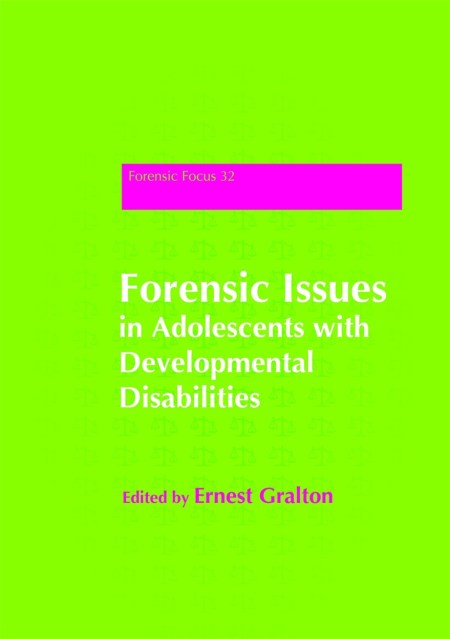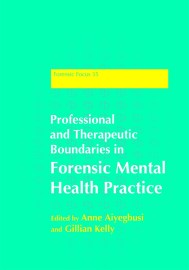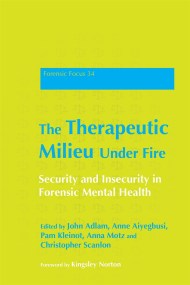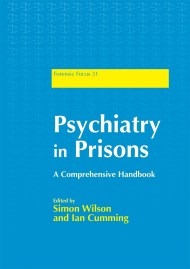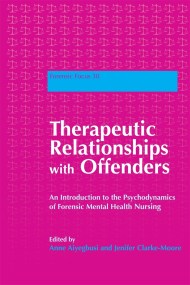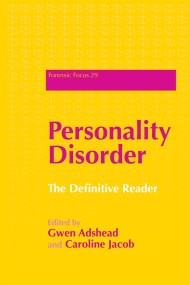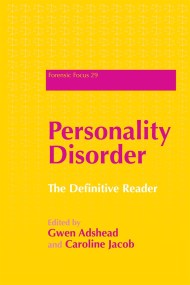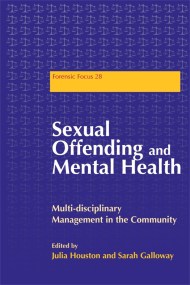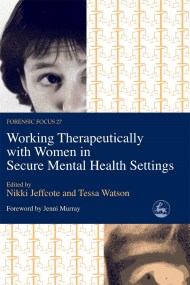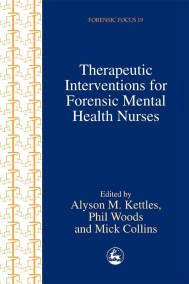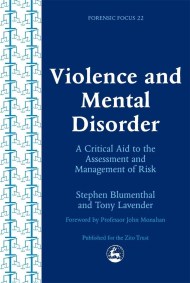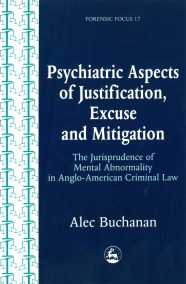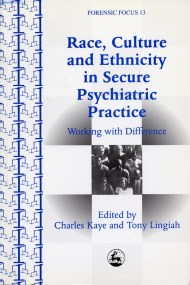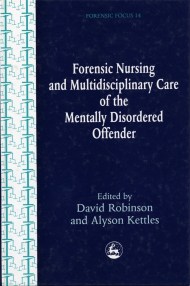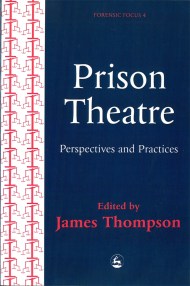Adolescents with developmental disabilities are a complex population who require specialised treatment and care. This interdisciplinary text examines the processes involved in working with this client group in forensic settings, and explores the ways in which their needs differ from those of other young people who engage in high risk behaviour or offending.
The book covers assessment, intervention and treatment options for adolescents with a wide range of developmental disabilities, including autism spectrum disorders, acquired brain injury, developmental traumatology, and complex comorbidities. It describes the obstacles, challenges and opportunities to consider when working with this population, and the role played by various professionals, including forensic psychiatry and psychology, occupational therapy, physiotherapy, education, art psychotherapy and social work. The book also outlines the issues to consider when working in secure and community settings as well as the legal aspects of working with this client group, and the complex issues surrounding risk assessment.
The first comprehensive account of forensic issues in adolescents with developmental disabilities, this book will be an indispensible primary resource for a wide range of professionals, including child and adolescent psychiatrists, community psychiatric nurses, developmental paediatricians, social workers and youth workers, lawyers and advocates.
The book covers assessment, intervention and treatment options for adolescents with a wide range of developmental disabilities, including autism spectrum disorders, acquired brain injury, developmental traumatology, and complex comorbidities. It describes the obstacles, challenges and opportunities to consider when working with this population, and the role played by various professionals, including forensic psychiatry and psychology, occupational therapy, physiotherapy, education, art psychotherapy and social work. The book also outlines the issues to consider when working in secure and community settings as well as the legal aspects of working with this client group, and the complex issues surrounding risk assessment.
The first comprehensive account of forensic issues in adolescents with developmental disabilities, this book will be an indispensible primary resource for a wide range of professionals, including child and adolescent psychiatrists, community psychiatric nurses, developmental paediatricians, social workers and youth workers, lawyers and advocates.
Newsletter Signup
By clicking ‘Sign Up,’ I acknowledge that I have read and agree to Hachette Book Group’s Privacy Policy and Terms of Use
Reviews
In bringing together the contributors to this book, the Editor has, for the first time, been able to draw together how, across the professionals health, social care, education and justice, practitioners can better meet the needs of a very vulnerable patient group; those adolescents with developmental disabilities and forensic needs...For the first time practitioners have a bench book that will enable them to ensure that they have a framework from which to undertake a comprehensive needs assessment that covers all the domains of a young person's life. It will greatly assist in risk assessment and best risk management. As importantly, any team that could deliver the interventions that are described across this book would be helping the adolescent to fulfil their full positive potential, whilst ensuring when they return to the community, and hopefully their families, that their risk to others would have been minimised.
McFarlane, weaves the definition of dramatherapy with the emphasis on play, spontaneity and flexibility so effortlessly that I wondered why I ever agonized (and still do) over explaining it when asked "How does it Work?"... I cannot praise this publication any more highly than Dr Sue Jennings does in her foreword to this passionate book. It is the authors' wealth of experience and working relationship that gives this book a realistic, hands-on, practical feel.
The book would be an important addition to the bookshelf of any professional who works with adolescents in forensic settings.
From time to time a book is published that is important to practitioners working in specialist disabilities services - this is one of them.
